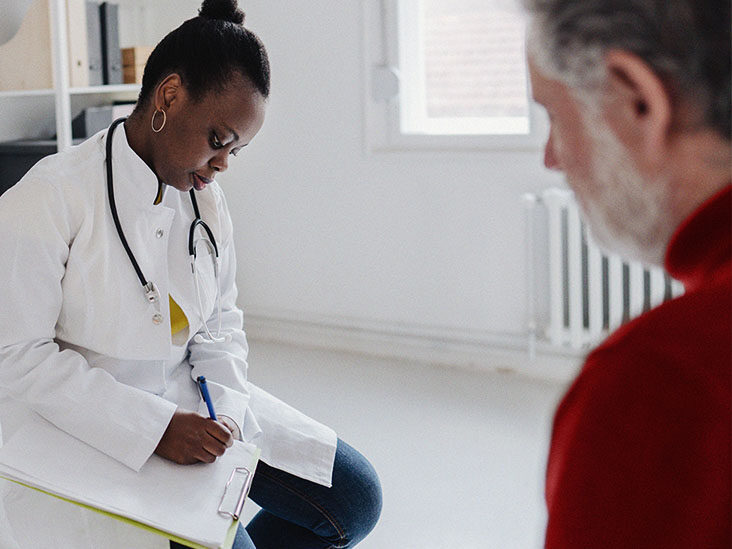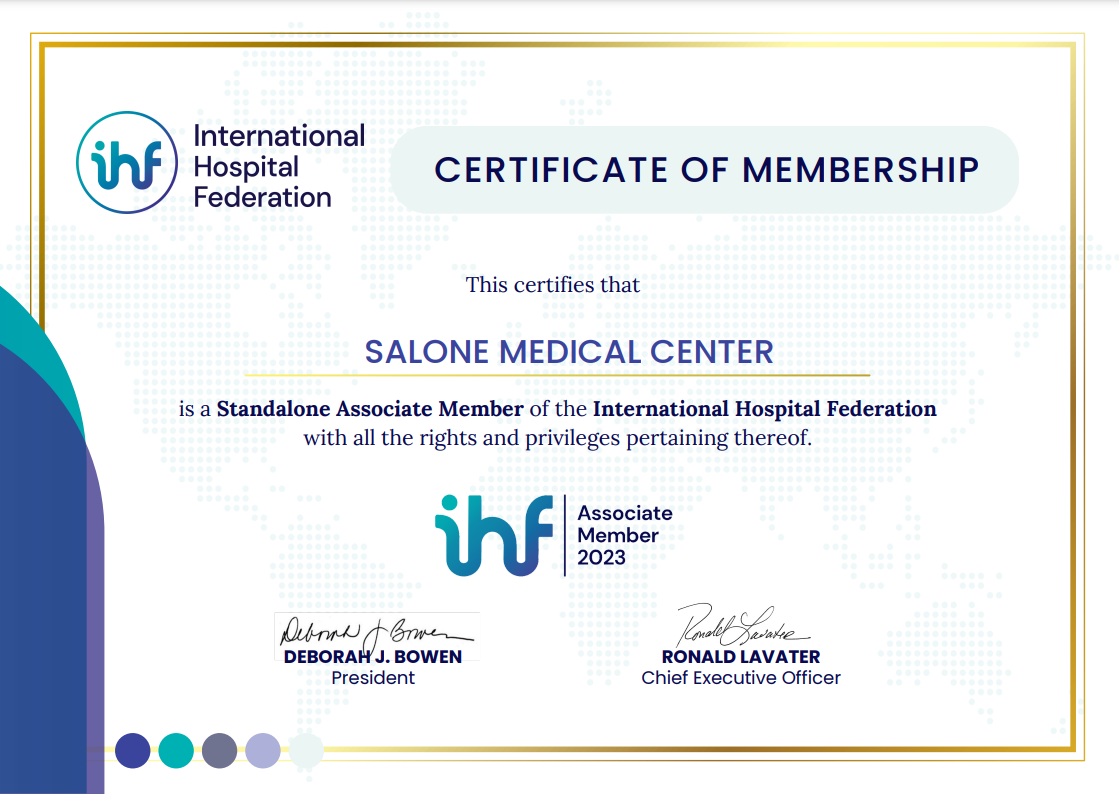
GP, Paediatry, Gynecology, Ortopedia, Physiotherapy, Laboratory
- GP (General Practitioner): A medical doctor who provides primary and general healthcare services to patients of all ages. GP’s are often the first point of contact for individuals seeking medical care. They diagnose and treat a wide range of health conditions, offer preventive care, manage chronic illnesses, and refer patients to specialists when necessary. GPs play a crucial role in coordinating a patient’s overall healthcare and serving as a gateway to specialized medical care.
- Paediatry (Pediatrics): Pediatrics focuses on the medical care of infants, children, and adolescents. They were trained to address a range of childhood health issues, including growth and development, vaccinations, common childhood illnesses, and any conditions specific to this age group. Pediatricians also provide guidance to parents and caregivers on maintaining children’s health and well-being.
- Gynecology: A medical specialty that focuses on the health and well-being of the female reproductive system. Gynecologists diagnose and treat conditions related to the reproductive organs, such as the uterus, ovaries, cervix, and vagina. They offer services like regular check-ups, prenatal care, family planning, addressing menstrual disorders, and managing conditions like endometriosis and uterine fibroids.
- Orthopedia (Orthopaedics): A medical specialty that deals with the diagnosis, treatment, and prevention of conditions related to the musculoskeletal system. They treat various conditions, including fractures, joint injuries, arthritis, back pain, and sports-related injuries. Orthopedic care includes both surgical interventions and non-surgical treatments to improve mobility and alleviate pain.
- Physiotherapy: focuses on improving movement, function, and overall quality of life for individuals with physical impairments or conditions. Physiotherapists work with patients to develop customized treatment plans that include exercises, manual therapies, and other techniques to promote recovery, restore mobility, manage pain, and prevent further disabilities.
- Laboratory: equipped with specialized equipment and tools used to conduct medical tests, analyze samples, and perform diagnostic procedures. Our laboratory processes and analyzes blood, urine, tissue, and other samples to provide healthcare providers with valuable information for accurate diagnosis and treatment planning.
These medical specialties and services collectively contribute to comprehensive healthcare by addressing a wide range of medical needs and promoting overall well-being for individuals of all ages.


